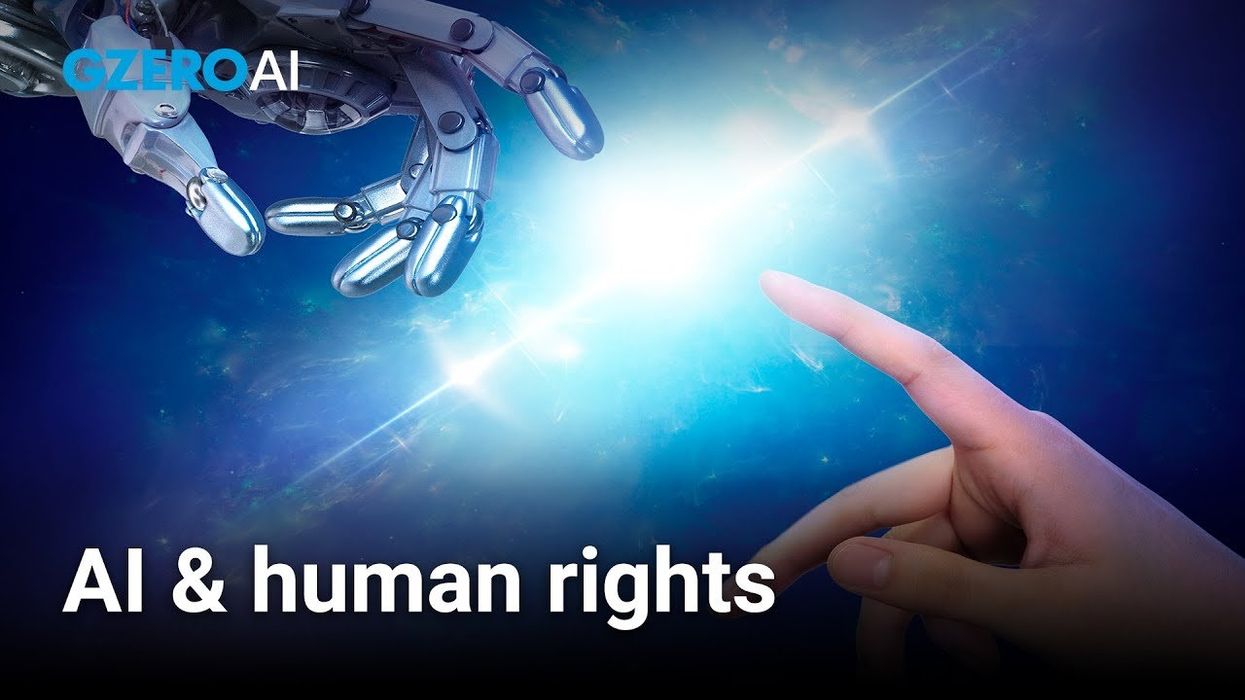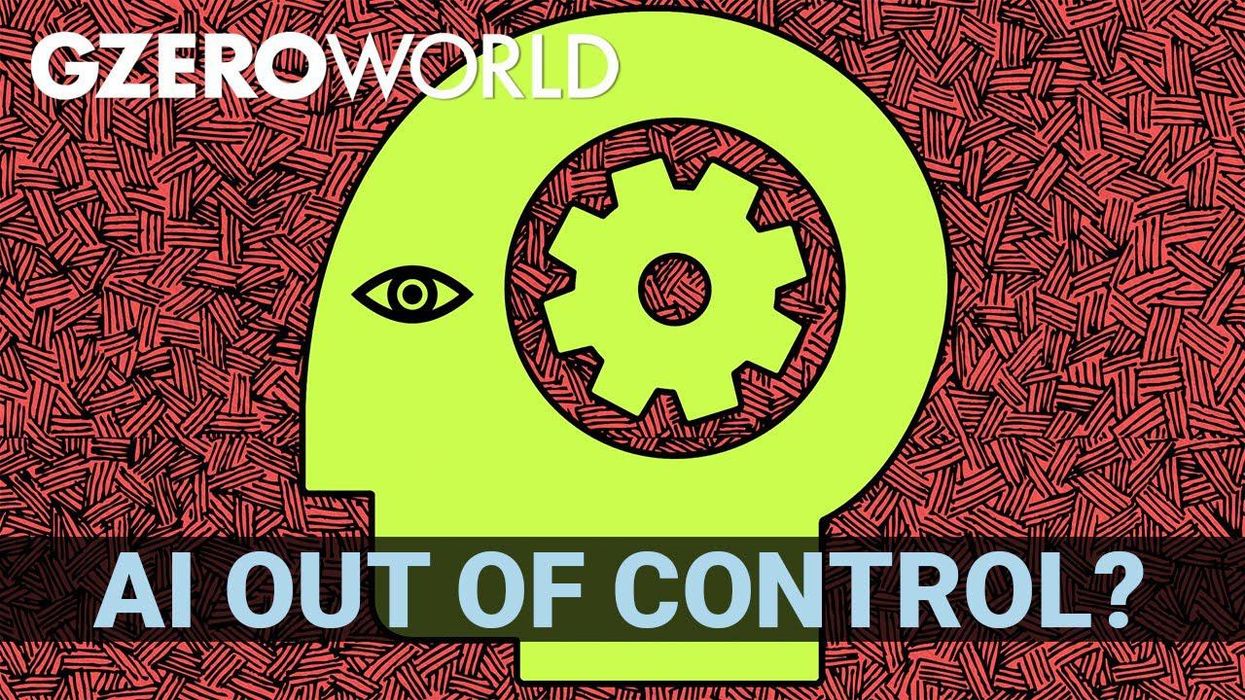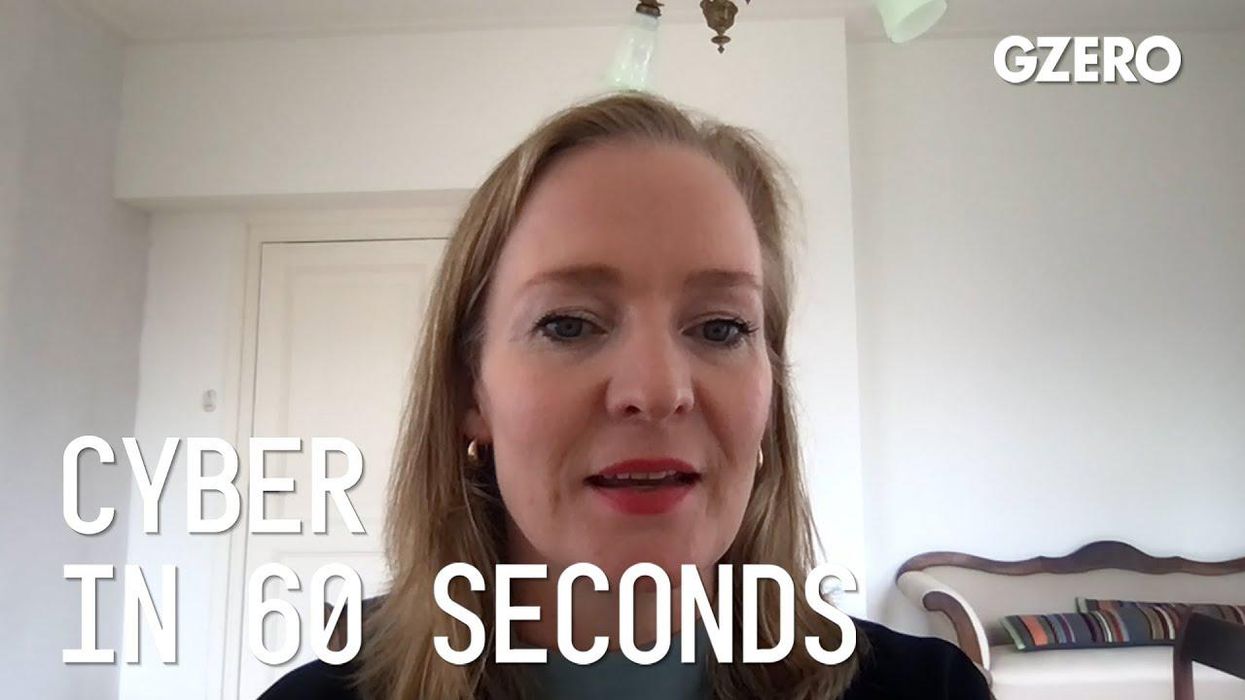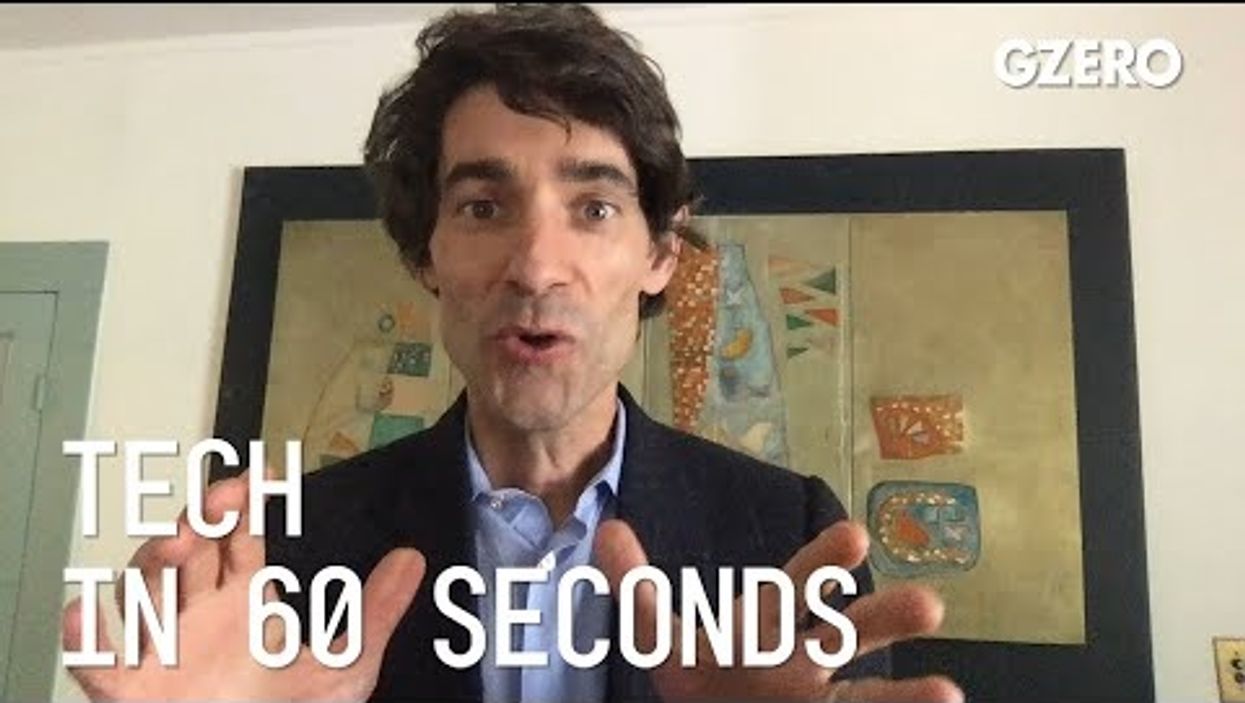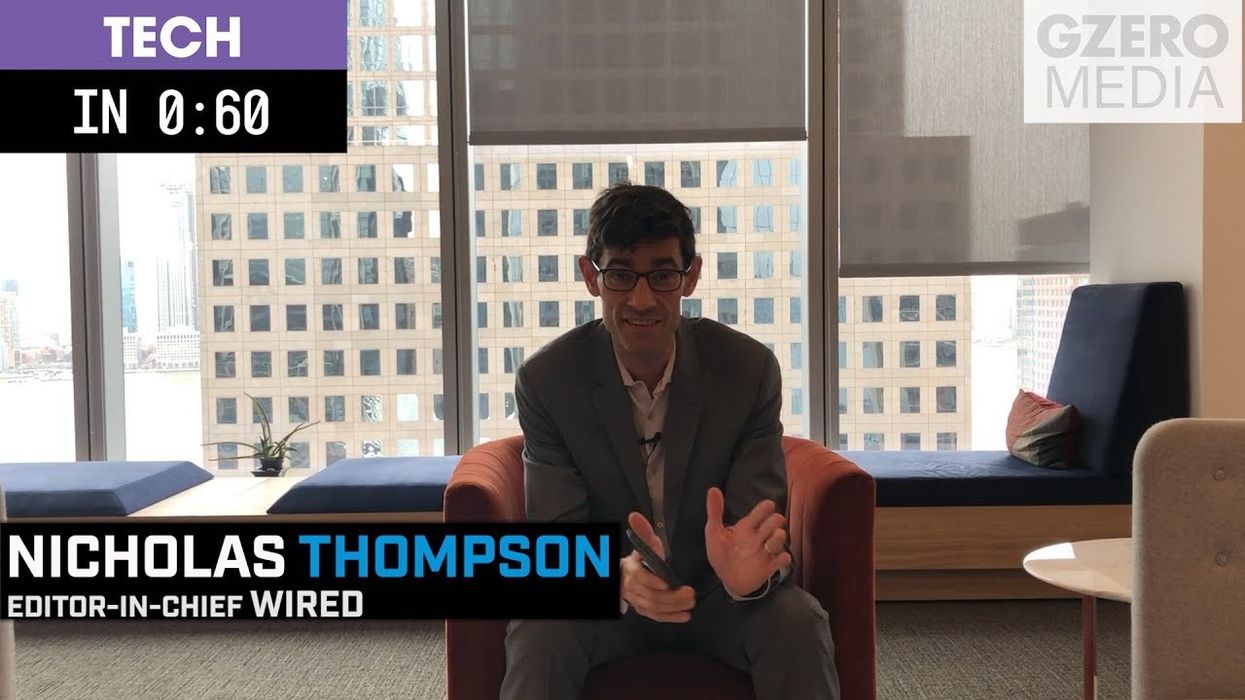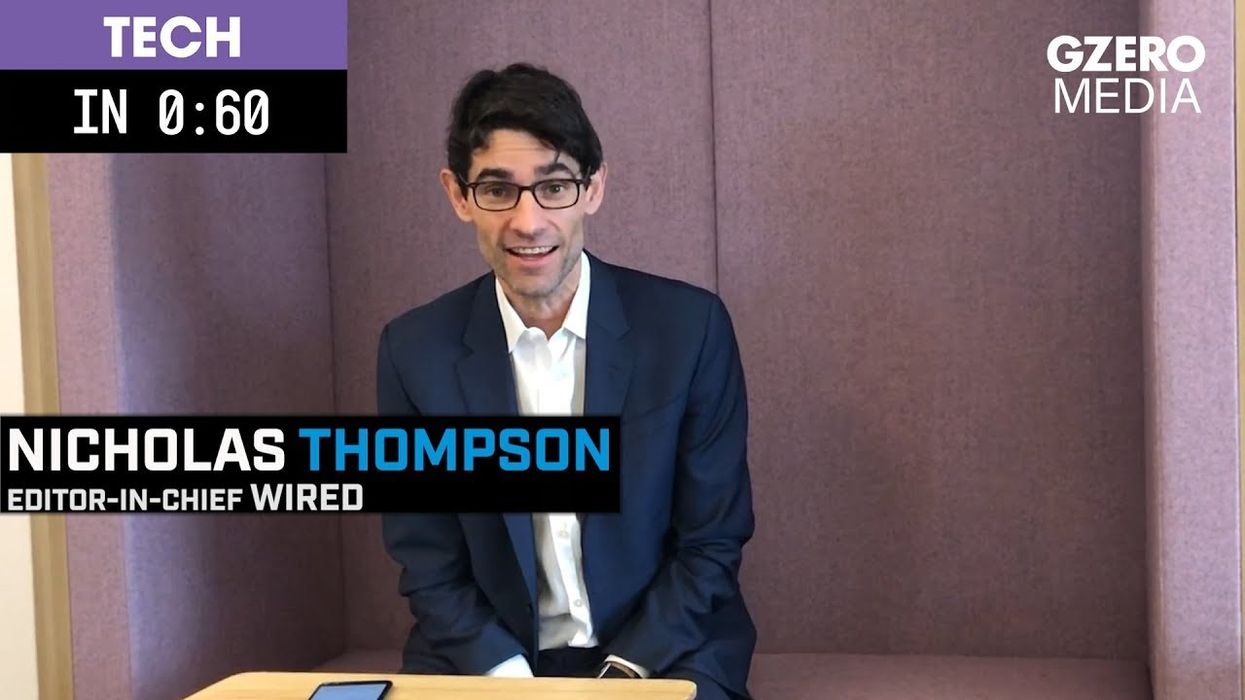GZERO AI Video
AI & human rights: Bridging a huge divide
On GZERO AI, Marietje Schaake, International Policy Fellow, Stanford Human-Centered Artificial Intelligence, and former European Parliamentarian, reflects on the missing connection between human rights and AI as she prepares for her keynote at the Human Rights in AI conference at the Mila Quebec Institute for Artificial Intelligence.
Feb 16, 2024
